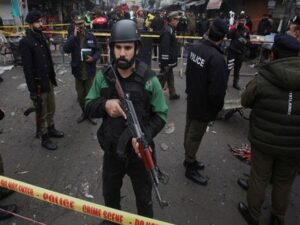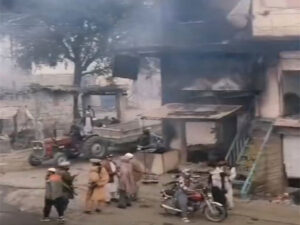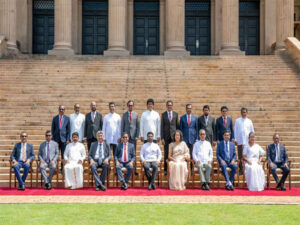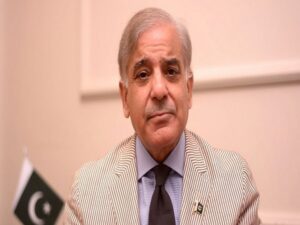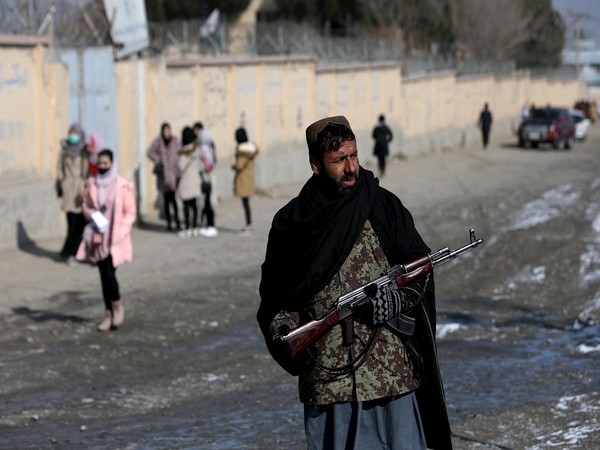
A Taliban fighter guards a street in Kabul, Afghanistan, December 16, 2021. REUTERS/Ali Khara - RC2KFR9ZOSXO
Kabul [Afghanistan], January 12 (ANI): Afghanistan Resistance Front proposed the transitional government to the Taliban when the two sides met in Tehran on the sidelines of a meeting where the Kabul delegation held negotiations with the Iranian government.
The Islamic Emirate delegates visited Iran on Saturday and returned to Kabul on Monday. The RF member, speaking on condition of anonymity, said on Tuesday that the Islamic Emirate team in return suggested that the Resistance Front leaders should return to Afghanistan–and the meeting ended with no tangible results, according to Tolo News.
Acting Foreign Minister Amir Khan Muttaqi, who was leading the Islamic Emirate delegation in Iran, said they had good discussions with the Resistance Front’s team. “You can also come if you have any complaints. We will sit and talk about it,” he said.
Four officials from the Islamic Emirate and five members of the Resistance Front participated in the negotiating teams. Acting Foreign Minister Amir Khan Muttaqi, acting Economic Minister Din Mohammad Hanif, acting Industries and Commerce Minister Nooruddin Azizi, acting Deputy Minister for Borders and Tribal Affairs Haji Gul Mohammad were representing the Islamic Emirate in the negotiations.
Ismail Khan, Mawlawi Habibullah Hesam, Abdul Hafiz Mansoor, a member of the Resistance Front, Hesamuddin Shams, the former governor of Badghis, and Abdul Zahir Faiz Zada, the former governor of Ghor were members of the Resistance Front’s negotiating team. Ismail Khan was leading this team, according to Tolo News. It is not known whether the Islamic Emirate and the Resistance Front pledged to continue such meetings in the future, according to Tolo News.
Meanwhile, the delegation from Taliban and Iranian officials held a meeting to discuss political, economic, transit, security, and trade issues in Tehran. (ANI)
Taliban refute Tajikistan’s claims of promoting insurgency from Afghan soil
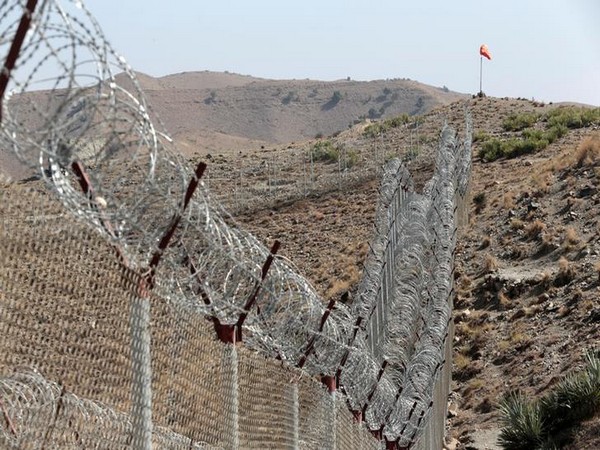
Kabul [Afghanistan], January 12 (ANI): The Taliban have said no countries will be threatened from Kabul while refuting charges of Tajikistan‘s President Rahmon claim of insurgent camps in Afghanistan.
Tajik President Emomali Rahmon during a meeting of the security council of the Collective Security Treaty Organization (CSTO) held via videoconference on Monday said Tajikistan will establish a security belt along its border with Afghanistan to deter insurgents’ threats emanating from Afghan soil, according to Tolo News.
According to Tajikistan’s special services estimates, over 40 camps and centers for training terrorists with over 6,000 militants were located in northeastern Afghanistan, which poses security threats to CSTO countries, according to Tajik President Emomali Rahmon.
Bilal Karimi, deputy spokesman of Taliban rejected Rahmon’s remarks on Tuesday, saying there are no such camps in Afghanistan’s territory. “There is no such training center in any part of the country in which insurgents are being trained. We assure all the world’s countries that there will be no threat from Afghanistan’s territory against them,” he said.
Meanwhile, fencing borders, and the possible creation of such a security belt around Afghanistan’s border, will create problems for the country and will limit trade and contacts between the countries, according to Tolo News.
Tajikistan and Russia previously voiced their concerns about possible threats from Afghanistan, but the Taliban repeatedly rejected the existence of such threats. (ANI)
Tajikistan has taken enough measures to protect border with Afghanistan: Report
Dushanbe [Tajikistan], January 11 (ANI): Tajikistan has taken enough measures to protect its border with Afghanistan, where terrorism is believed to be on the rise after the Taliban came to power, Sputnik reported citing a security forces source. “The measures already taken to protect the border are now enough, we have enough competent trained military,” the source said.
According to the Sputnik source, it is necessary to strengthen the Tajik-Afghan border in militarily under the Collective Security Treaty Organization (CSTO), as Belarusian President Alexander Lukashenko said during a CSTO extraordinary summit one day ago.
The source added that terrorist sleeper cells in Tajikistan have been continuously monitored and neutralized since the exodus of the country’s citizens to Syria and Iraq in 2011.
“Sleeper cells can be different – terrorists, extremists, religious extremists, and opposition parties, whose activities are prohibited in the country. All those who can destabilize the situation in Tajikistan are under supervision,” the source said, as per Sputnik.
Tajikistan needs to be cautious of the Taliban as it shares a long, mountainous, and difficult-to-control border with Afghanistan.
Temur Umarov in The Frontier Post had said that the Tajik army is considered as the weakest in Central Asia and most of the drug traffic from Afghanistan to Russia and Europe passes through Tajikistan, and in recent years, terrorist attacks have occurred in the country more than once.
Irrespective of other Central Asian countries, Tajikistan has taken a tough position against the Taliban with regard to the situation in Afghanistan. (ANI)






